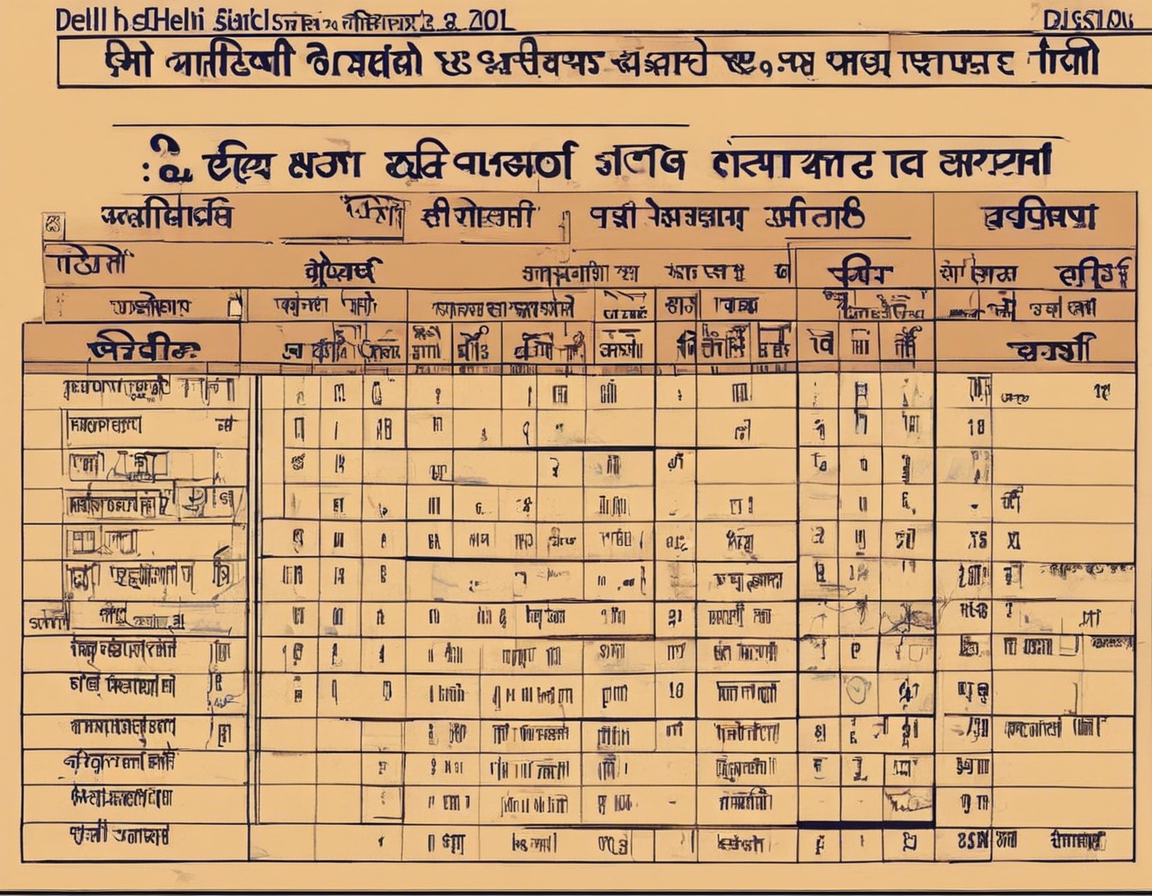In recent times, there has been significant attention on the proposed Delhi Services Bill, with discussions focusing on its potential impact on the economy and the service industry in Delhi. This comprehensive guide aims to break down the key components of the Delhi Services Bill, its implications, and what it means for businesses, consumers, and the overall service sector in the region.
What is the Delhi Services Bill?
The Delhi Services Bill is a legislative proposal aimed at regulating the service industry in the National Capital Territory of Delhi. The bill covers a wide range of services, including but not limited to healthcare, education, hospitality, transportation, and professional services such as legal and accounting services.
Objectives of the Delhi Services Bill
The primary objectives of the Delhi Services Bill include:
-
Regulation: Ensuring standardized practices and quality control in the service industry.
-
Consumer Protection: Safeguarding the rights and interests of consumers availing various services.
-
Promoting Growth: Fostering growth and innovation within the service sector to contribute to the overall economy.
Key Provisions of the Delhi Services Bill
Registration Requirements
One of the key provisions of the Delhi Services Bill is the mandatory registration of service providers with the regulatory authority. This is aimed at creating a centralized database of service providers to ensure accountability and transparency.
Quality Standards
The bill outlines specific quality standards that service providers must adhere to in order to operate within the National Capital Territory of Delhi. These standards may vary depending on the type of service being provided, but they are designed to ensure a certain level of quality and reliability for consumers.
Grievance Redressal Mechanisms
Another important aspect of the Delhi Services Bill is the establishment of grievance redressal mechanisms for consumers. This ensures that consumers have a platform to raise complaints and seek resolution in case of any disputes or unsatisfactory services.
Implications for Businesses
For businesses operating in the service industry in Delhi, the Delhi Services Bill is likely to have several implications:
-
Compliance Costs: Businesses will need to allocate resources to ensure compliance with the registration requirements and quality standards outlined in the bill.
-
Enhanced Consumer Trust: By adhering to the standards set forth in the bill, businesses can enhance consumer trust and attract a larger customer base.
-
Level Playing Field: The bill aims to create a level playing field for all service providers, which can benefit smaller businesses and promote healthy competition in the industry.
Implications for Consumers
For consumers availing services in Delhi, the Delhi Services Bill offers the following benefits:
-
Quality Assurance: Consumers can expect a certain level of quality and reliability from service providers operating within the regulatory framework of the bill.
-
Consumer Rights Protection: The bill strengthens consumer rights by providing avenues for grievance redressal in case of any issues with the services availed.
-
Increased Transparency: With mandatory registration requirements, consumers can easily verify the legitimacy of service providers, promoting transparency in the industry.
Frequently Asked Questions (FAQs) about the Delhi Services Bill
1. Will the Delhi Services Bill apply to all types of services in the region?
Yes, the Delhi Services Bill aims to regulate a wide range of services across various sectors to ensure standardization and quality control.
2. How will the Delhi Services Bill impact small businesses in the service industry?
The bill aims to create a level playing field for all service providers, which can benefit smaller businesses by promoting fair competition and enhancing consumer trust.
3. What are the penalties for non-compliance with the Delhi Services Bill?
Penalties for non-compliance may include fines, suspension of operations, or other punitive measures as determined by the regulatory authority.
4. How can consumers lodge complaints under the grievance redressal mechanisms of the bill?
Consumers can typically lodge complaints through a designated online portal, helpline number, or physical grievance redressal centers set up by the regulatory authority.
5. Will the Delhi Services Bill lead to an increase in service costs for consumers?
While there may be initial compliance costs for businesses, the bill ultimately aims to enhance quality and reliability, which can benefit consumers in the long run without significantly increasing service costs.
In conclusion, the Delhi Services Bill represents a significant step towards regulating and standardizing the service industry in the National Capital Territory of Delhi. By understanding its key provisions, implications for businesses and consumers, and the mechanisms put in place to ensure compliance and consumer protection, stakeholders can prepare for the changes and opportunities that the bill will bring to the service sector in Delhi.
